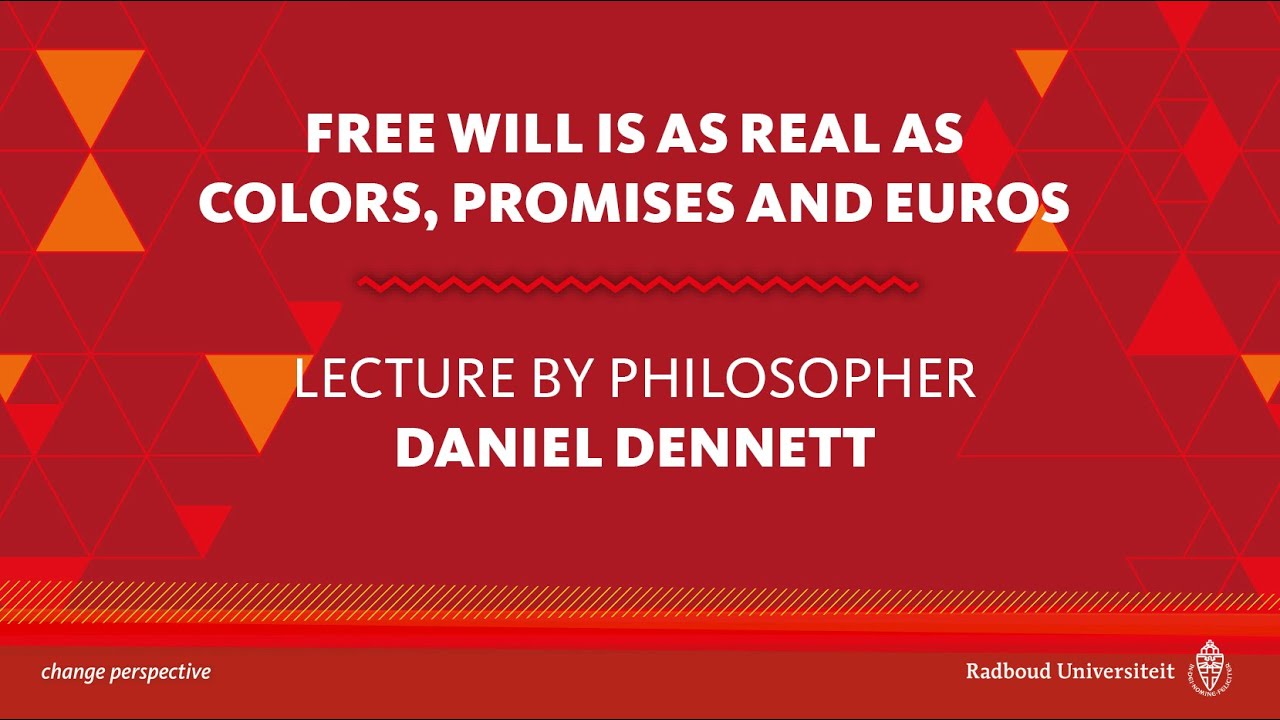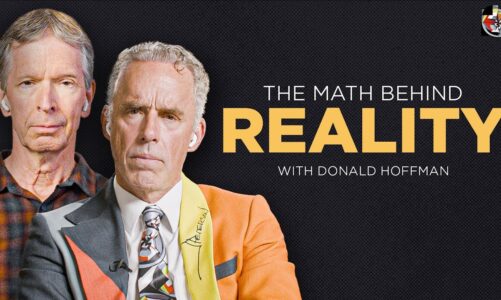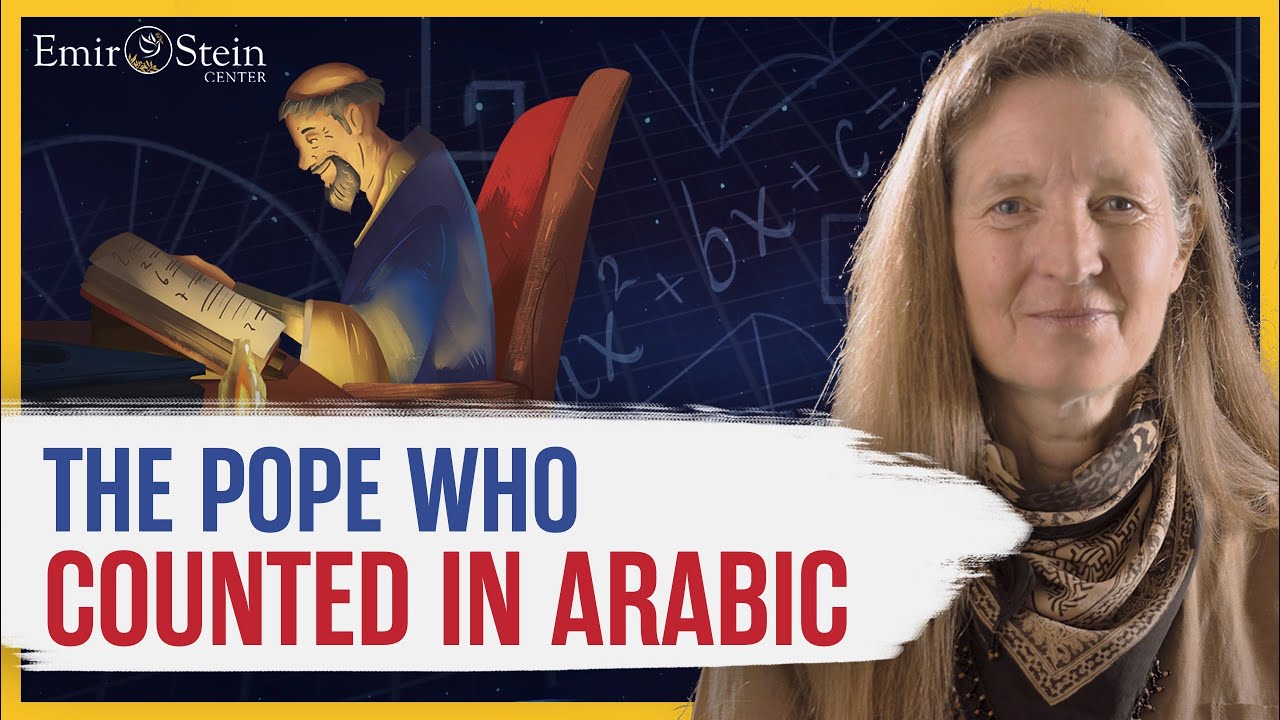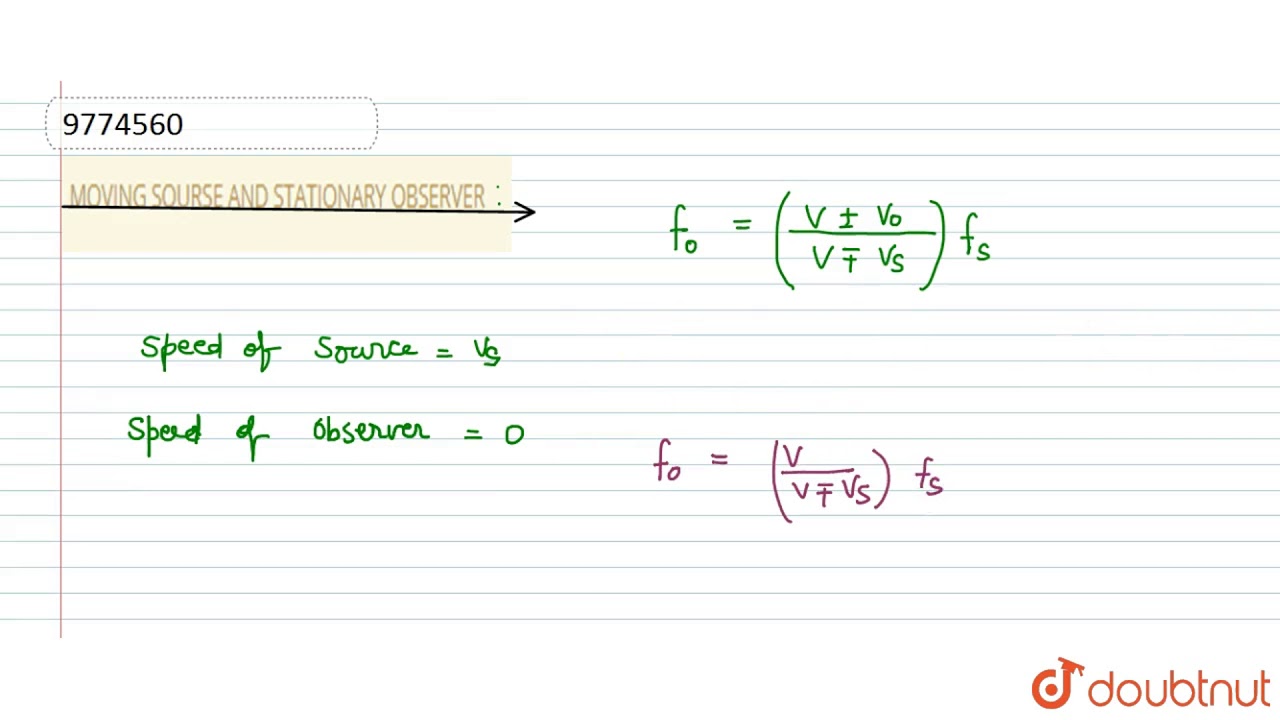Radboud Reflects
Free Will is as Real as Colors, Promises and Euros
Saturday March 12, 2016 | 14.00 – 16.00 hrs | Concert Hall De Vereeniging, Nijmegen
Contents:
00:00:15 Welcome by philosopher and scientific advisor Paul Bakker
00:04:07 Lecture by philosopher Daniel Dennett
01:09:25 Interview Daniel Dennett with philosopher Marc Slors
01:25:24 Closing by Marc Slors
Most neuroscientists conclude, after stating that we are our brain, that there is no such thing as free will, and that our brain decides how we operate. Dennett does not share this view, and states that the free will does exist, even if there is no such thing as a soul.
More information
UK: www.ru.nl/rr/english/dennett
Dutch: www.ru.nl/rr/dennett
Source




I agree 100% with Daniel Dennet and I am always surprised someone has to explain this. Causality is not contradictory to making choices according to preferences and moral considerations. The only thing where I would disagree would be about punishment as I find that at least to a large extent, the use of punishment is immoral.
I generally agree with Dennet's picture of what free will is but my dispute comes early in his argument. He is correct that artificial neural networks tend to be well behaved and not chaotic (not sure he actually said this, but I've heard it from others who make similar arguments). That's a flaw. Natural systems complex enough to have intelligence (and quite a bit that isn't intelligent of course) are universally chaotic. Any natural system with enough variables is almost always chaotic. Even something as simple as the three body problem and a double pendulum are chaotic. By definition, a system is chaotic if it is so sensitive to initial conditions that any change in those conditions leads inevitably to a change as large as the system permits. The weather is the classic example and the butterfly effect is the classic metaphor to understand this.
Second, and this he definitely said, quantum states are irrelevant. They are difficult to create, as he said, but only if you mean in a useful and controllable way. If you don't care about that, they are unavoidable. You cannot simultaneously have the precise position and momentum of any particle at one time. That's not to say you cannot know it, as Bell proved (and I'm bit getting into that complex argument here) these are properties that simply don't simultaneously have values. There is a true metaphysical indeterminism there.
One of these uncertainty relationships is energy-time uncertainty. That means the precise strength and timing of neural firings do not have precise values. There is a VERY small uncertainty there. But if there is ANY uncertainty, then in a chaotic system, the uncertainty blows up to one as large as the system permits.
Now lay these scientific facts on top of Dennet's view of what free will is. The advantage of this view is that it is attractive not only to those, like Dennet, who have a compatibilist intuition, but also to those who are incompatiblists. Incompatiblists sometimes think free will must be absolute to exist. They would still require convincing, but if you add the real uncertainty to what is essentially a compatibilist view, it starts to look more attractive. Incompatiblists who don't insist on absolute freedom are easier to convince.
It is worth noting that my view is much better than Dennet's on "could have done otherwise". That's the point where the intuition differs for compatibilists and incompatiblists. Dennet spends a great deal of effort trying to convince Incompatiblists that they shouldn't include that about what they mean when they talk about free will. That effort is likely to be doomed. He is setting up a situation where he is taking about something different from what the Incompatiblists mean. On my view, you can have either intuition and arrive at the same result at the end. If you are a compatiblist like Dennet, there is very little difference between his view and mine. But if you are inclined toward incompatiblism, (and in the end we're talking about the definition of a term, so intuition and opinion are highly relevant here) then my version of the argument becomes much more attractive.
My version also explains Soon's experiment much more naturally. There's nothing wrong with Dennet's explanation, but my view allows for a much more natural and equally valid explanation. In my view, Soon showed the decision process nears conclusion and becomes almost inevitable about 8-10 seconds before it becomes conscious.
He is wrong – entirely wrong – about bitCoins.
While both Euros and BitCoins are FIAT money, the euro is backed up by several governments and banks, with a bit of gold, other resources and bonds.
Also euros have a physical representation and are part of an official monetary system.
Where as bitcoins is nothing but an electronical wallet that knows how much money you have, that gets payed via other people finding some random numbers with special properties.
BitCoins are also fully traceable – if you have one, you know where it was and what it was used for.
And the thing that it has nothing to couple its value too making it highly susceptible to fluctuations.
(And bitCoins have some other problems too)
And his point about Words:
that is nice rhetoric – but of little actual value.
What does he mean when he uses the word 'exist'?
Cause yes, in science colors do exist – as well as don't.
There is no 'color' as an independent entity – so in that way it does not exist.
But color is the word and concept we use to describe our experience and direct observation of electromagnetic waves of a certain spectrum.
When you see a blue ball i can could go ahead and tell you the exact spectrum of light that it reflects.
we could apply the same to "car crash".
Do they exist? Yes – they describe a tragic phenomenon of that exists in reality.
however – there is no such thing as a "car crash" on its own – it is only applicable to cars that actually crashed.
The dichotomy that he is constructing there simply does not exist.
Science deals with the details – cause it digs further and is there to discover.
Of course the concept of a coin exists in science, there is even research about coins, how they behave when flipped, how they get around the world, how people perceive them when receiving/spending them and so on.
Just that this is of little importance in comparison to understanding the fundamentals of reality.
So no matter how far you spin this narrative – colors still exist – and it would still be fraud when they advertise it as a color-TV but deliver only a monochrome display – not just cause of science, but cause words (the random soundwaves we produce) have a meaning that we assign to them.
One and a half hour of talking about nothing. No clear definition of a subject. He talks about "absolute free will" and "practical free will" but didn't explain what does it imply. He says "free will exists, but it is not what you think it is", but doesn't explain what we think it is and what he think it is. "A usefull social construct" – is a useless zero-infomative definition of Dennett's free will.
We have imposed limited freewill due to our moral obligations to the collective. Freewill is non-deterministic. External inputs are merely instructions. The steps taken to complete any task is down to the installed software and any accessible peripheral apparatus – like chess what pieces are played can be perfect or willed.
One remark regarding Penrose. His main goal in the context of his late work regarding consciousness is NOT to explain free will in terms of quantum mechanics. The target topic of explanation specifically of the orch-or hypothesis is "consciousness" and also rather in terms of space-time via quantum effects in the brain.
Dennett goes wrong early on by 'switch and bait' between free will and moral responsibility that he insists on. Deciding or not to move your foot or not is free will but not necessary a morally responsible. It is that free will he needs to consider. None of his arguments apply to that case.
~ 23:00 I don't like the term free will. I believe that we have constrained will, and that moral competence is based on whether or not our will operates on an informed basis. Responsibility is assigned based on our comprehension of the expectations of others and our understanding of social obligations. I don't think I really disagree with Dennet, I just don't like the term: (limited, conditional) freedom, constrained will (identity).
Well, no.
We have a will, but it isn't free in any meaningful sense. Our capacity to make a choice at all is really the result of the limits of our capacity to be aware of any number of causal chains and interactions.
what happened to questions from the audience?
Niels Bohr, one of the main architects of quantum theory, insisted however that no connection could be made between indeterminism of nature and freedom of will.
Dennett is so right about free will. I cannot understand why so many philosophers have problems getting this point. For example Sam Harris is astonishingly wrong on this subject…
Dick-slap
Colours are "real" (they have a wavelength) going from red to green to blue, the colours going back from blue to magenta to red are "false" (no wavelengths, your eye is detecting red and blue info but not green). You can not tell the difference between yellow produced by the actual wavelength between green or shining blue and green light at a screen.
19:26
*"I doubt that Lamme believes his book about free will is the secretion of a chatterbox." (He, he. Well, if he is truly a hard determinist, he would have to. Do I personally take credit for writing these words on my computer right now? Not really, if I'm going to be honest about it. They just appear in my mind one word or one phrase at time out of nowhere (out of the void).)
*"It is the product of his conscious mind." (No, it most certainly is not, and all the neuroscientists will back me up on that point. It is, quite literally, anything BUT that.)
*"If they don't have free will, why do they deserve our attention?" (Even if a person doesn't believe in free will, it is logically consistent for them to spread the word, to reveal the truth. In fact, neither you nor they "choose" what they believe, and they hold their beliefs so strongly that they feel compelled to write a book about them.)
This type of lectures blows my mind (free will, god debates, evolution debates, etc…) and when I think about it too much, it's makes my head hurt!! lol It's awesome but I don't have the brain power capabilities like DD does and will never understand totally what "free will" is. I can only "try"……:)
Compatabilism is absurd and analogous to pantheism.